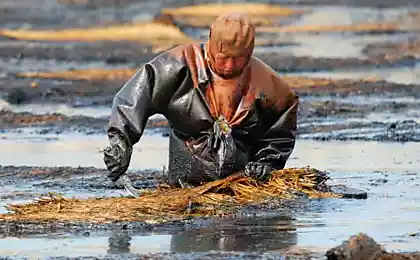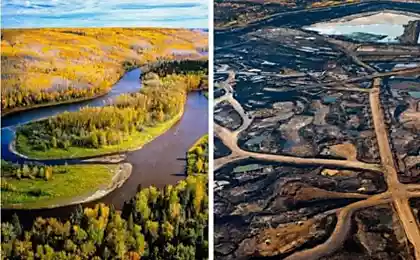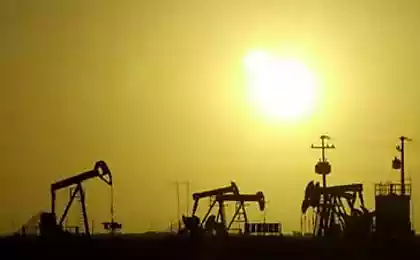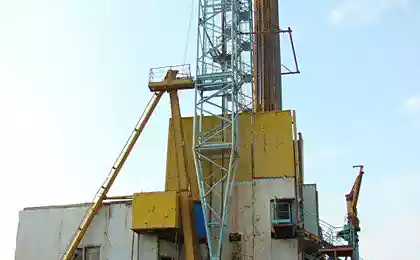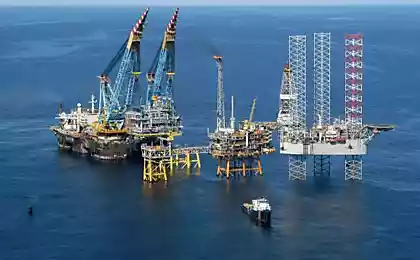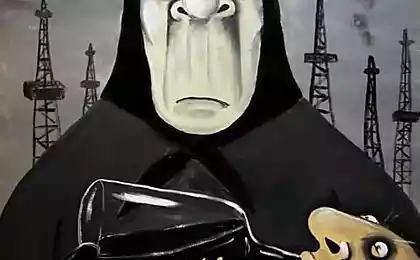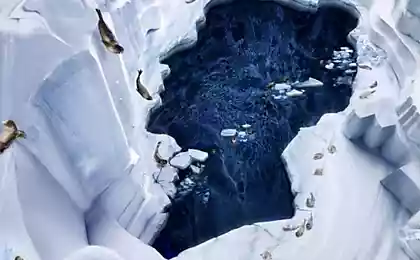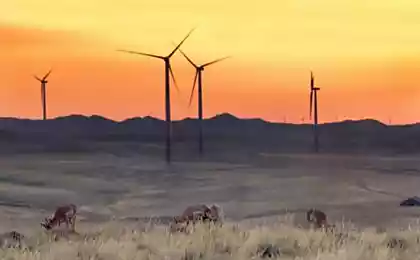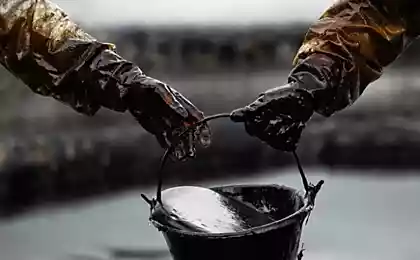493
Greenpeace will go to remove the oil in Komi
An international team in the next two weeks will look for oil spills and clean up pollution, to draw attention to the problems of the Russian legislation, which allows companies to pour oil almost with impunity.
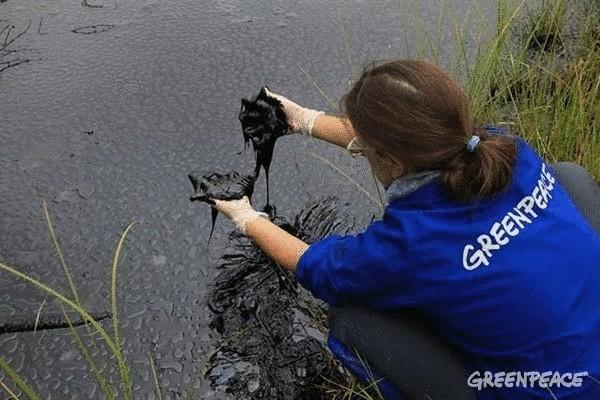
August 11, launched the "Oil patrol" organized by Greenpeace Russia and public organization the Committee to save the Pechora. 44 experts and volunteers from 14 countries will patrol the Usinsk district of the Komi Republic in search of leak of oil. They will also attempt to remove one of the spills with their own hands, to demonstrate that it is much easier to prevent accidents than to deal with their consequences.
"Unfortunately, today, spilling oil in Russia is more profitable than to prevent accidents. The fines are paltry, and the legislation is full of gaps, so companies pour into 4-5 million tons of oil a year is easier than to change emergency pipe. We have analyzed the problems of legislation in this area and prepared detailed recommendations for their solution", – says the head of energy program Greenpeace Russia Vladimir Chuprov.
"In the Komi conflict the oil industry and the indigenous population continues for decades. And this is just one typical example of how "modern" oil production in Russia. The same rusty pipes, poisoned rivers and dead forests can be seen in the Yamalo-Nenets, Khanty-Mansiysk Autonomous Okrug and other regions," – said Chuprov.
Recommendations on improvement of the legislation presented in the report of Greenpeace Russia and save the Pechora Committee "Oil pollution: problems and possible solutions." Greenpeace plans to discuss with the oil companies and relevant government departments, and then, together with comments received, send to the Ministry of natural resources and the Government of the Russian Federation.
Greenpeace activists engaged in cleaning of oil for the first time. For example, they participated in cleaning the beach after the accident in the Kerch Strait in 2007, and conducted the camp for cleaning oil in Nizhnevartovsk region in 2000.
Source: www.greenpeace.org

August 11, launched the "Oil patrol" organized by Greenpeace Russia and public organization the Committee to save the Pechora. 44 experts and volunteers from 14 countries will patrol the Usinsk district of the Komi Republic in search of leak of oil. They will also attempt to remove one of the spills with their own hands, to demonstrate that it is much easier to prevent accidents than to deal with their consequences.
"Unfortunately, today, spilling oil in Russia is more profitable than to prevent accidents. The fines are paltry, and the legislation is full of gaps, so companies pour into 4-5 million tons of oil a year is easier than to change emergency pipe. We have analyzed the problems of legislation in this area and prepared detailed recommendations for their solution", – says the head of energy program Greenpeace Russia Vladimir Chuprov.
"In the Komi conflict the oil industry and the indigenous population continues for decades. And this is just one typical example of how "modern" oil production in Russia. The same rusty pipes, poisoned rivers and dead forests can be seen in the Yamalo-Nenets, Khanty-Mansiysk Autonomous Okrug and other regions," – said Chuprov.
Recommendations on improvement of the legislation presented in the report of Greenpeace Russia and save the Pechora Committee "Oil pollution: problems and possible solutions." Greenpeace plans to discuss with the oil companies and relevant government departments, and then, together with comments received, send to the Ministry of natural resources and the Government of the Russian Federation.
Greenpeace activists engaged in cleaning of oil for the first time. For example, they participated in cleaning the beach after the accident in the Kerch Strait in 2007, and conducted the camp for cleaning oil in Nizhnevartovsk region in 2000.
Source: www.greenpeace.org



